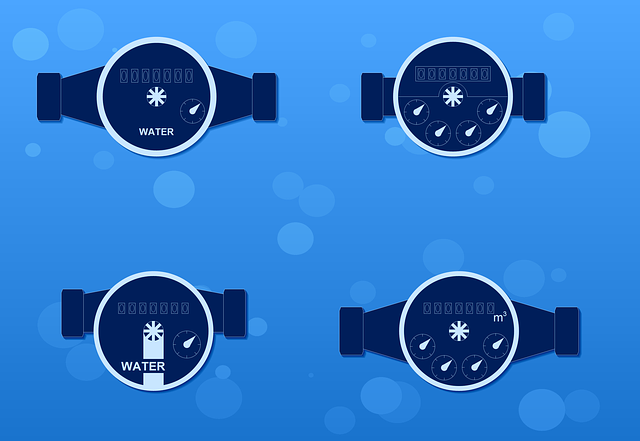The Internet of Things connection technology has brought unprecedented convenience to technology upgrades to the industrial and energy industries. The traditional industrial Internet architecture based on IT will gradually be upgraded to an infrastructure architecture based on the trinity of Internet of Things, big data, and cloud. The Internet of Things Connection technology can solve multi-terminal connections, big data interactions and fast transmission between machine-to-machine (M2M) devices in complex network environments, such as sensors and data concentrators.
In recent years, countries’ demand for new energy has increased by more than 50%, and it is expected that by 2040, demand will increase to more than 70%. The Internet of Things is an important technical support for the development of the smart metering field, and the rapid development of the Internet of Things has also opened up many different new markets for the metering instrumentation industry, while also creating greater value. Fields such as environmental monitoring, urban planning, energy conservation and emission reduction can all use smart metering as the first step to achieve perfection.


One application that enables smart connectivity in metering is the LoRa module and LoRaWAN protocol. Модули LoRa and LoRaWAN protocols enable remote connectivity of IoT devices and help connect sensors to the cloud. Its long-range performance combined with low power consumption enables real-time capture of actionable data, improving the overall performance of smart meters. Historically, traditional utility operations have been laborious, requiring on-site personnel to measure and operate. Depending on the deployment, the cost and potential risk of human error can be significant. By implementing IoT sensors to directly manage meters and the data collected from them, companies are able to reduce costs and ensure accurate responses.
Smart electricity, water and gas meters have proven to be the industry leader in smart metering applications and provide businesses with scalable, secure and reliable solutions.
smart meter
Kiwi Technologies has partnered with Precise Digital Economy (PDE), Thailand’s largest power utility group, to develop the first LoRa sensor-based smart city network to better manage public facilities in Southeast Asia. The cooperation between Kiwi and PDE enables wider application of digital wireless networks in the Asian market, while further improving the management level of smart utilities. Kiwi also offers its hardware devices and complete IoT network solutions, including end-to-end applications, network routers, platforms and various applications to create sustainable solutions. With their long-range, low-power and easy-to-deploy capabilities, LoRa-enabled devices can regulate electricity usage in Thai cities, maximizing energy utilization and reducing operating costs.
Smart water meter
Current estimates suggest that the global smart water meter market will exceed US$2 billion by 2020. LoRa-based metering sensors can be deployed into existing infrastructure, either outdoors or indoors, and provide robust connectivity in dense urban environments. Birdz integrates IoT services and devices into the network, such as water leak detectors, fire hydrant monitors and water quality detectors. By using a LoRaWAN-based network, Birdz provides better coverage and the ability to expand existing networks to connect more devices to meet customer demand.
In 2015, Eau du Grand Lyon (France) implemented a smart water network using Birdz’s smart water sensors (water meters and noise correlators) integrated with smart sensors. The new water management approach has produced significant benefits in Eau du Grand Lyon, including:
-
- Identify, locate and quickly repair 1,200 new leaks in the water network.
- Due to the improved performance of the water supply network, 1 million cubic meters of production water can be saved every year.
- Water network efficiency has improved overall by 8% in four years, from 77% in 2014 to 85.2% in 2018.
Smart gas meter
Since implementing smart connectivity solutions into its smart gas metering solution, utility provider Jinka Smart Group has reduced gas consumption and expects to save 25%. The metering solution utilizes LoRa devices’ remote platform to connect to the cloud and monitor consumption data, battery power and valve status. Data from the meters is accessed through Goldcard’s cloud-based connectivity management platform, which parses the packets, completes billing and forwards accurate information to utility providers to bill customers more efficiently.
Подведите итоги
By implementing smart metering infrastructure comprised of IoT sensors and embedded gateways, cities are able to work with utility companies to collect data remotely, streamlining operations. By understanding and embracing the impact of IoT on smart metering, cities will continue to become smarter and more efficient, while increasing productivity and reducing costs.